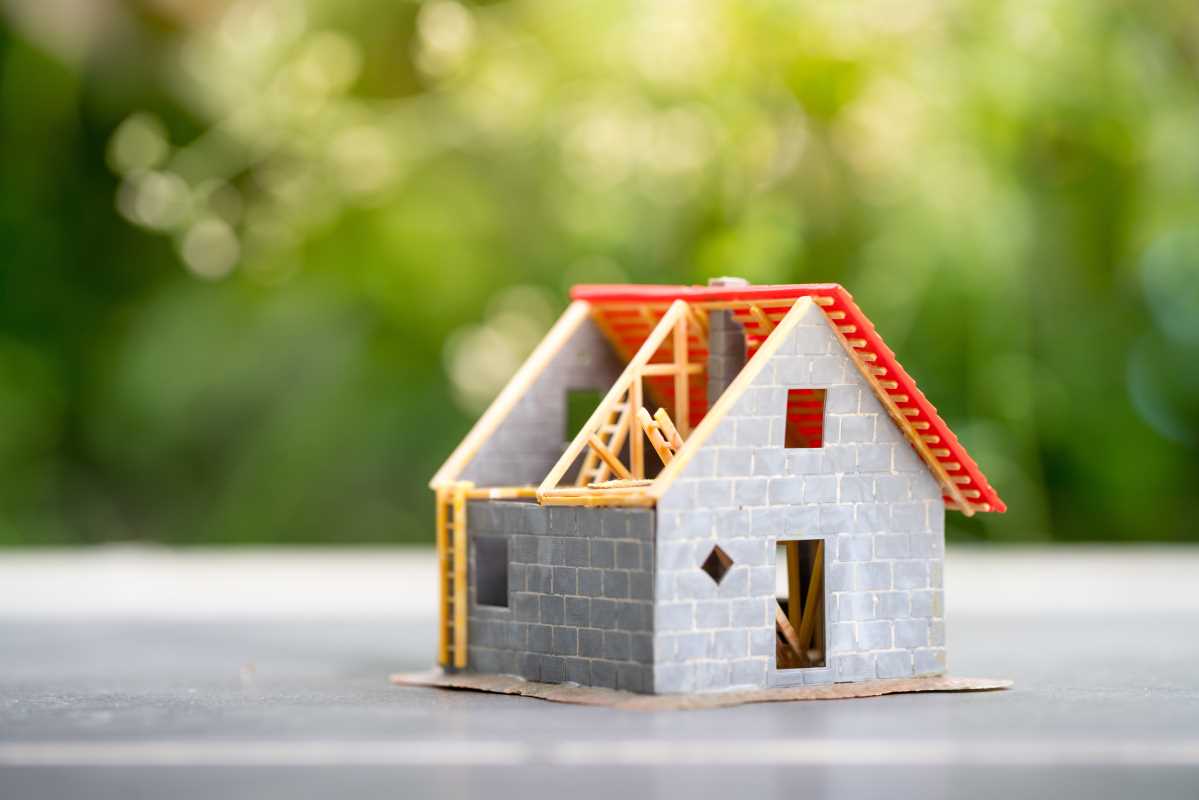Buying your first home is a significant milestone, filled with excitement and challenges, especially when it comes to financing. The process can seem daunting, but with the right guidance and preparation, securing the funds for your dream home can be smoother than you think. Here’s how to approach the financial aspect of home buying without getting overwhelmed.
Understand Your Credit Score
Your credit score plays a crucial role in determining the terms of your mortgage. A higher score can lead to better interest rates and terms, which can save you thousands over the life of your loan. Start by checking your credit score and report for any errors that might be dragging it down. If your score is lower than desired, take steps to improve it by paying down debts and avoiding new credit obligations.
Knowing where you stand credit-wise can help you understand what kind of loan terms might be available to you and what you might need to work on before applying.
Save for a Down Payment
While there are mortgage options available that don't require a large down payment, saving as much as possible can dramatically improve the terms of your loan and reduce your ongoing costs. A larger down payment means a smaller loan amount, which reduces your monthly payments and lessens the total amount of interest paid. Aim for at least 20% of the purchase price to avoid private mortgage insurance (PMI), an additional fee that protects the lender in case you default on your loan.
Accumulating a substantial down payment also shows lenders that you're financially responsible, potentially securing you a better rate.
Explore Different Mortgage Options
There are multiple types of mortgages available, and choosing the right one depends on your financial situation and long-term goals. Fixed-rate mortgages offer stability with a consistent interest rate and monthly payment for the entire term of the loan. Adjustable-rate mortgages (ARMs) might start with lower rates but can change over time, which could either benefit you or lead to unexpectedly high payments.
Research government-backed loans, like FHA, VA, or USDA, which might be beneficial if you meet the criteria, as they offer competitive terms and lower down payments.
Get Pre-Approved
Before you start house hunting, getting pre-approved for a mortgage can give you a clear idea of what you can afford and shows sellers that you are serious about buying. This involves providing your financial information to potential lenders who will then offer you a pre-approval letter stating how much they're willing to lend you.
This not only helps in setting a realistic budget for your home search but also enhances your negotiating position.
Budget for Closing Costs
Closing costs can be an unexpected shock for many first-time homebuyers, typically ranging from 2% to 5% of the loan amount. These fees cover everything from appraisals and home inspections to title insurance and attorney fees. When budgeting for your home, make sure to include these costs so that you’re fully prepared on closing day.
In some cases, you can negotiate with the seller to cover part of these costs, which can save you substantial out-of-pocket expenses.
Consider Future Home Expenses
When planning your budget, don't just focus on the price of the house and the mortgage payments. Consider the long-term costs of home ownership, which include property taxes, insurance, maintenance, and potential home improvements. Set aside a budget for unexpected repairs to avoid financial strain down the road.
Thinking ahead can help ensure that you’re financially prepared for the total cost of home ownership, not just the initial purchase.
Stay Flexible and Patient
The process of buying a home can be lengthy and comes with unexpected twists and turns. It's important to stay flexible and patient. Keep your options open, as you might need to act fast on a deal or walk away when something better comes along. It’s also critical to maintain a healthy emergency fund and not deplete your savings just for the sake of buying a home.
Home buying is a marathon, not a sprint, and having financial resilience can help you make better decisions throughout the process.
By approaching your first home purchase with thorough preparation and informed strategies, you can navigate the financing process effectively and make informed decisions that benefit your long-term financial health. Whether it’s saving diligently for a down payment or exploring various mortgage options, each step you take brings you closer to the keys to your new home.







